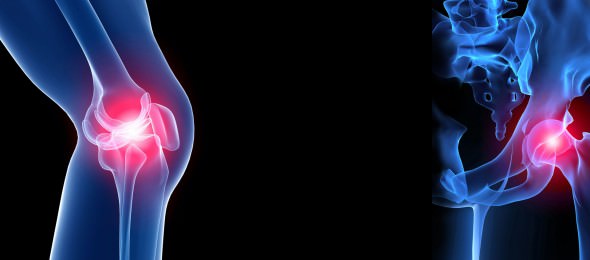The American Academy of Orthopaedic Surgeons (AAOS) issued a Position Statement on Medical Liability Reform by David H. Sohn, JD, MD, and S. Jay Jayasankar, MD stating:
“The AAOS believes that broad reforms are necessary to compensate negligently injured patients promptly and equitably, enhance patient–physician communication, facilitate improvement of patient safety and quality of care, reduce defensive medicine and wasteful spending, decrease liability costs, and improve patient access to care.”
The article references a survey of reasons patient’s sue, listing money as the fourth reason “behind disclosure, desire for apology, and prevention of future errors”. The authors state that when a case is litigated only 28 cents of each dollar goes to the plaintiff making litigation inefficient. It is also expensive. “The U.S. Department of Health and Human Services estimates that between $76 billion and $122 billion is spent per year directly on medical liability litigation. The indirect costs of litigation, due to defensive medicine, are believed to be at least equally costly.”
The authors argue:
Negotiation, early apology, mediation, and arbitration all offer more flexibility than traditional litigation. These methods also allow plaintiffs to hear explanations behind errors or complications, to hear a physician express remorse, and to settle claims for far less than litigation. After instituting early apology programs, for example, the University of Michigan saw yearly claims drop from 262 to 82 and the University of Illinois saw a 50 percent reduction in malpractice filings. The Colorado COPIC program uses ADR techniques to whittle settlement awards to a startlingly low average of $5,000.
Mediation, in particular, has very high satisfaction rates among both plaintiffs and defendants. With mediation, plaintiffs feel they receive what they really want: an explanation and an apology. Interestingly, physician defendants also appreciate the open forums encouraged in ADR. It gives them an opportunity to explain to the plaintiff that they did nothing wrong, that complications are inherent risks of medicine, and that they still feel sorry that the complication occurred.
For more blog posts supporting alternative dispute resolution in healthcare see here and here.












